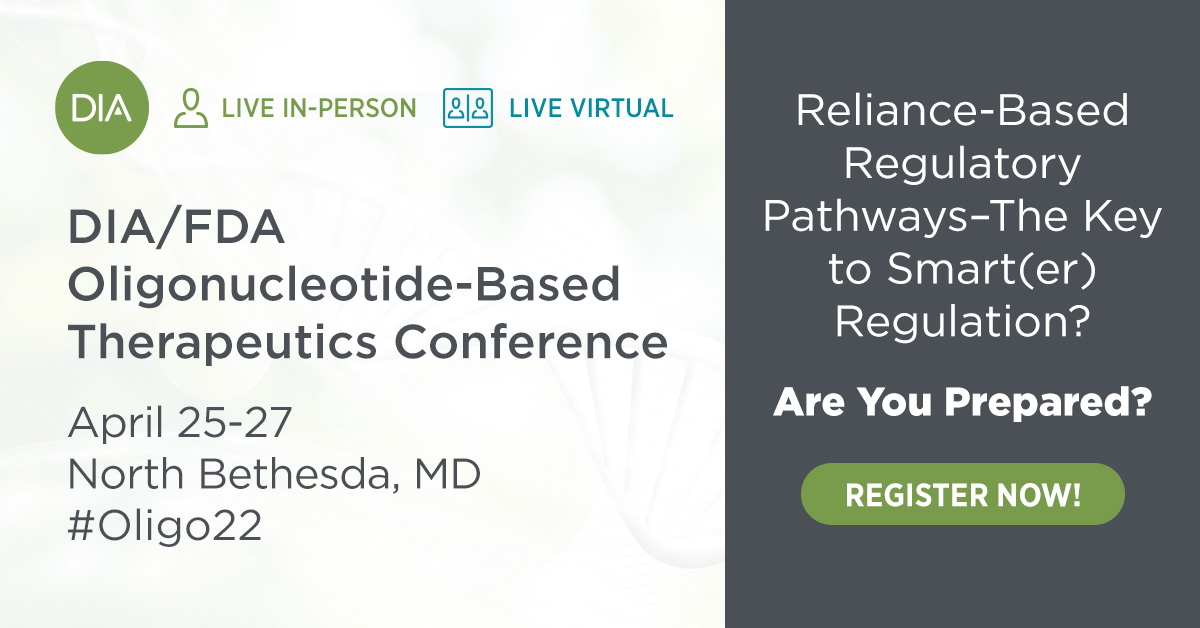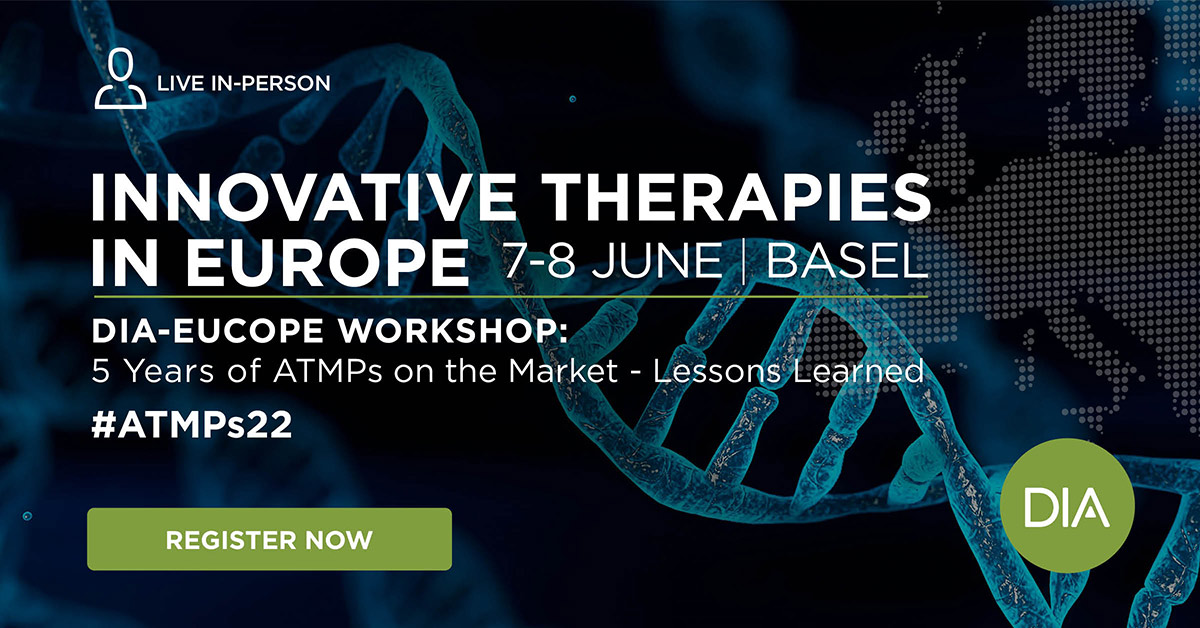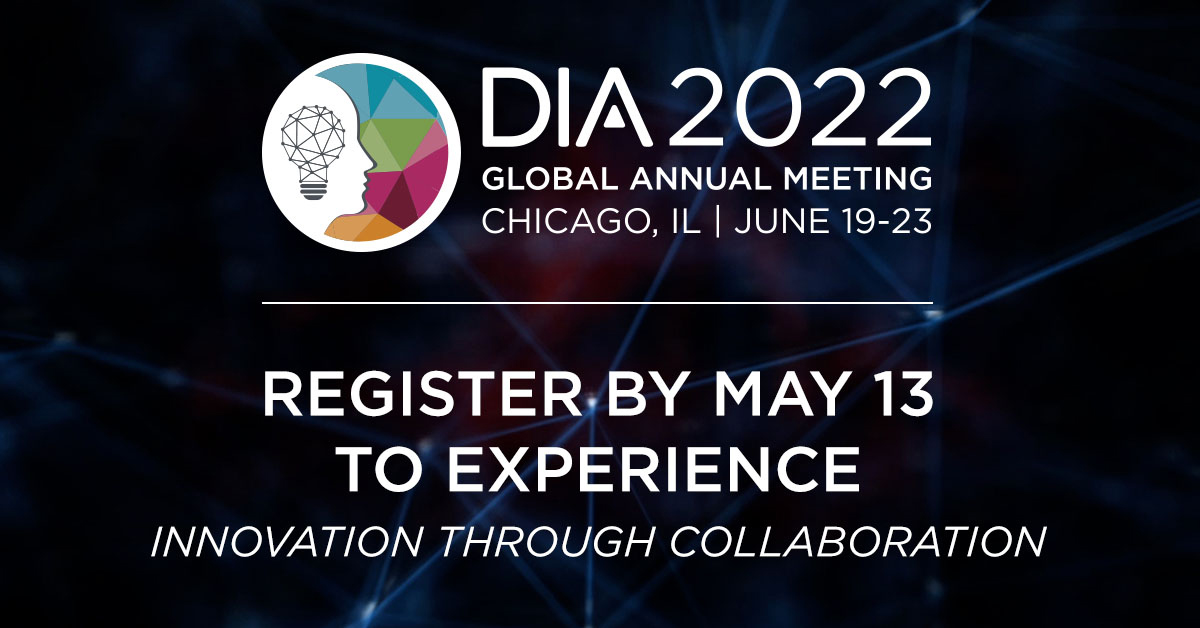Table of Contents
EXECUTIVE LEADERSHIP
Subscribe
Love Global Forum’s new online format? Subscribe today and never miss an issue.
Editorial Board
Content stream editors
Gary Kelloff US National Institutes of Health
regulatory science
Isaac Rodriguez-Chavez ICON plc
Patient engagement
Trishna Bharadia Patient Advocate and Media Contributor
Mary Stober Murray National Minority Quality Forum
Editorial Staff
Sandra Blumenrath, Managing Editor, Scientific Publications DIA Scientific Communications
Chris M. Slawecki, Senior Digital Copyeditor DIA Scientific Communications
Regional Editors
David Mukanga Bill and Melinda Gates Foundation
ASEAN
Jin Shun Sandoz
AUSTRALIA/NEW ZEALAND
Richard Day University of New South Wales, Medicine, St. Vincent’s Hospital
CHINA
Ling Su Shenyang Pharmaceutical University, Lilly Asia Ventures
Europe
Thomas Kühler Sanofi R&D
INDIA
J. Vijay Venkatraman Oviya MedSafe
JAPAN
Ozawa Goshi Real Discovery Outdoors Co,. Ltd.
LATIN AMERICA
Cammilla Gomes Roche
USA
Ebony Dashiell-Aje BioMarin
Young Professionals Editors
Saloni Patel Acorda Therapeutics
DIA Membership
Bringing together stakeholders for the betterment of global health care.
Magnolia Place Consulting
heckpoint inhibitor therapy with ipilumumab, nivolumab, pembrolizumab, or similar antibodies has produced outstanding clinical responses in some patients with advanced carcinomas or melanomas. However, most patients are resistant to checkpoint inhibitors because their immune responses are blocked by an immunosuppressive tumor microenvironment (TME). Resistance is characterized by a lack of immune cells infiltrating tumors, stromal macrophages and fibroblasts that release pro-metastatic cytokines, and immune cells that are exhausted and dysfunctional. To address this resistance, we focus on a process called immunogenic cell death (ICD) that rejuvenates antitumor immunity and changes the TME to an antitumor state.
Putting Recommendations for Plain Language Summaries into Practice
@EnvisionPharma
lain language summaries (PLS) of publications form part of the wider democratization of science, enabling a broader audience to access and potentially understand scientific and healthcare research. However, many practical questions around these important summaries remain: what types of PLS should we be writing, which publications should have a PLS, and where should PLS be published? Three key sets of recommendations for PLS were released in 2021. This article explores what these recommendations mean in a practical sense and what more is required to further the development of PLS in terms of support and guidance.
Meeting Highlights: DIA Global Pharmacovigilance and Risk Management Strategies
OVID-19 transformed many aspects of pharmacovigilance (PV) practice and reshaped the future of drug and vaccine development. Collaborative efforts between many stakeholders, especially pharmaceutical companies and regulatory bodies, made it possible to develop and approve safe and effective COVID-19 vaccines in a short period. The adverse event (AE) collection process evolved due to the enormous number of safety reports received globally in 2021, resulting, for example, in a shift toward automation (artificial intelligence) in handling safety data to reduce the chance of human error in the process, and in a number of important regulatory changes around the world.
Richard Day
University of New South Wales
@osbornidayius
ustralia’s National Medicines Policy (NMP), gazetted in 2000, is being revised and the draft policy was made available for final, widespread community and stakeholder feedback. Final public consultations closed on March 2, 2022.
Around the Globe
Part 1: Introduction and Strategic Frameworks
ver the past five years, China’s pharmaceutical innovation industry has experienced what has been called the Cambrian explosion: significant acceleration in the launch of innovative products, rapid expansion in the number of R&D pipelines, and increasing capital investment in R&D.
Around the Globe
Part 2: Education Reforms and Capability Enhancements
o meet the challenges of new requirements for R&D talent in the context of global pharmaceutical innovation trends, pharmaceutical R&D innovation leaders in China must exhibit strategic thinking, efficient cross-departmental communication and collaboration, and an agile working model in addition to their drug-development expertise.
Around the Globe

MA’s Head of Advanced Therapies Ana Hidalgo-Simon discusses steadily growing numbers of regulatory applications in the advanced therapy field, the vital importance of patient group insights, RWE collection and curation, hospital exemptions, manufacturing challenges, and more.
Around the Globe
BASE life science
he protection of natural persons in relation to the processing of personal data is a fundamental right in the European Union. Data privacy regulations support these fundamentals. However, the right to protection of personal data is not an absolute right: e.g., it must be balanced against other fundamental rights, in accordance with the principle of proportionality.
Around the Globe
eal-world data (RWD) and real-world evidence (RWE) are increasingly used to inform regulatory decisions around the world. As a rapidly evolving regulatory topic, current discussions including regulators and industry highlight the need to clarify the regulatory standards for data quality, acceptable data sources, and analytical methods that support expanded use of RWE in assessing product efficacy/effectiveness and demonstrating its benefits, as well as evaluating product safety. This article presents the results of a 2021 survey organized by industry associations in Brazil to assess the local regulatory environment and use of RWE/RWD studies in regulatory submissions to ANVISA, as well as the challenges and learnings from multiple companies.
Daiichi Sankyo, Inc.
ver the past few decades, advances in technology have resulted in progressive automation in every industry. This trend has also touched the scientific writing community. Programmed automation features can be found even in the world’s most popular word processor and a gold standard in the writing industry, Microsoft WordTM. It is evident that progress in artificial intelligence and deep learning will result in substantial automation of how scientific documents are created.









